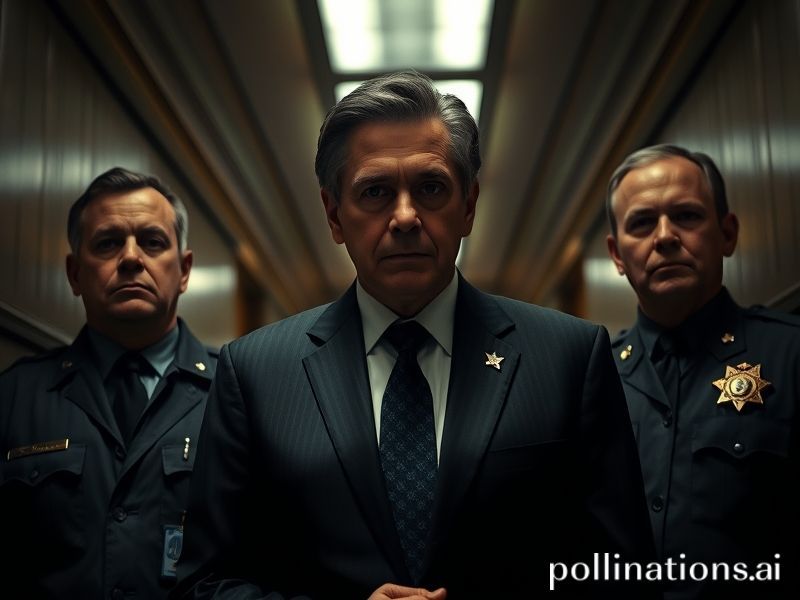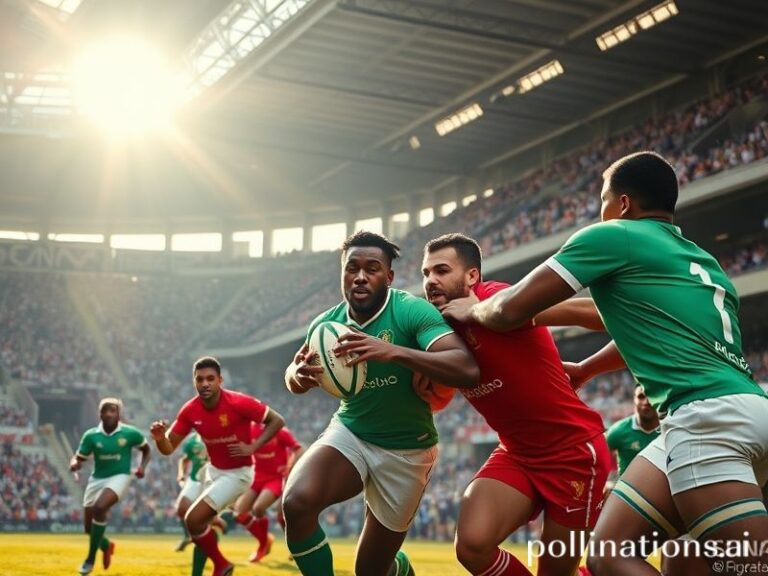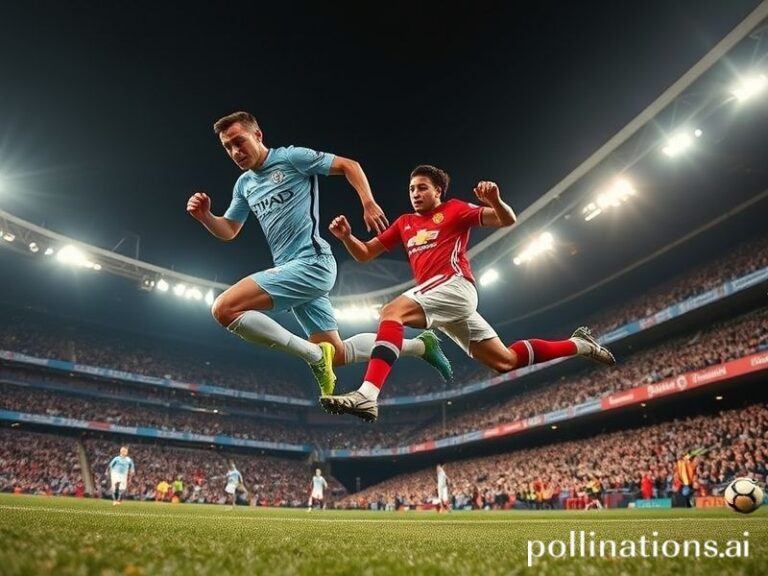Peter Navarro: The Economist Who Turned Global Trade into a Contact Sport
Peter Navarro, the Man Who Weaponized the Spreadsheet
From Beijing to Brussels, the world still feels the paper cuts.
By the time most Europeans had learned how to pronounce his surname—Na-VAH-roh, rhyming with “guano”—Peter Navarro had already rewritten the operating system of global trade. A Harvard-trained economist who once wrote love letters to the invisible hand, Navarro decided somewhere around 2016 that the invisible hand had been picking pockets and needed to be handcuffed. The result was a decade-long experiment in using PowerPoint slides as artillery shells, and the collateral damage is still being tallied in shipping containers and diplomatic memos.
The international community first met Navarro as a trade hawk in aviator glasses, flapping onto the White House portico like a budget Tom Cruise reboot. Where previous administrations had politely asked China to maybe, possibly, if-it’s-not-too-much-trouble, respect intellectual property, Navarro suggested we skip the foreplay and go straight to the restraining order. Section 301 tariffs—his pride and joy—landed on Chinese imports like a crate of unwanted fruit. Beijing retaliated with its own tariffs on American soybeans, which is how a Kansas farmer ended up binge-watching CCTV-9 to see if his livelihood had become state television’s latest cliff-hanger.
Europe, ordinarily allergic to drama, found itself dragged onstage anyway. German car executives who had spent decades cultivating an image of Teutonic inevitability suddenly discovered that inevitability had a 25 % surcharge. French vintners realized their Bordeaux was now competing with Australian plonk on the basis of which country could bribe the Commerce Department faster. The European Commission responded with the sort of measured diplomacy for which it is famous—an 18-page press release and a threat to tax bourbon, Harley-Davidsons, and those little American flags everyone waves at NATO summits. Somewhere in Brussels, an intern spent three days trying to calculate how many flags you’d need to match the GDP of Kentucky.
Emerging markets watched the spectacle with the grim amusement of tenants listening to the landlord fight his own spouse. Vietnam quietly upgraded its ports; Mexico rewrote labor laws on a cocktail napkin; Bangladesh bought more container cranes than it had fire trucks. The global supply chain reconfigured itself like a drunk GPS recalculating after missing an exit—still moving, just with extra detours through Cambodia and a philosophical pit stop in Singapore.
Navarro’s grand theory, scribbled on a whiteboard that resembled a conspiracy string map, was that trade deficits were a form of national leakage. Fix the leakage, and greatness would presumably pool at your feet like champagne at a Versailles orgy. The rest of the planet, operating on the antique assumption that trade is not zero-sum, blinked in polite incomprehension. Japan offered a tutorial on currency hedging; Canada passed around a PowerPoint titled “How to Be Nice Yet Still Sell Lumber.” Australia simply shipped more iron ore and doubled its therapy budget.
Of course, every experiment needs a control group. In this case, it was the American consumer, who woke up to discover that washing machines were now luxury goods and that “Made in USA” sometimes meant “Assembled in Mexico from parts stamped in Shenzhen, but please clap anyway.” Inflation, like an unwanted houseguest, arrived with its own suitcase and refused to leave. Central bankers from Frankfurt to Mumbai synchronized their interest-rate hikes like a very expensive boy band, humming the chorus: “It’s not stagflation, it’s a vibe shift.”
Navarro himself was eventually escorted from the White House in early 2021, clutching a stack of unsigned executive orders and the faint aroma of printer toner. He left behind a world map that looks like a Jenga tower mid-game: wobbly, improbable, but still standing thanks to the collective delusion that gravity can be lobbied. China is now courting the Global South with Belt-and-Road karaoke, Europe is drafting digital tariff algorithms that run on espresso, and the WTO—poor, limping WTO—has been reduced to hosting webinars on “Resilience” attended by seven interns and a cat filter.
The moral, if the globe insists on morals, is that one man’s spreadsheet can become everyone’s migraine. Power, it turns out, is less about aircraft carriers and more about who gets to define “unfair.” The next time you pay 30 % extra for solar panels, raise a glass—preferably French, tariffed, and slightly bitter—to Peter Navarro, the economist who proved that the dismal science can still produce world-class theater. Curtain falls, tariffs remain.







